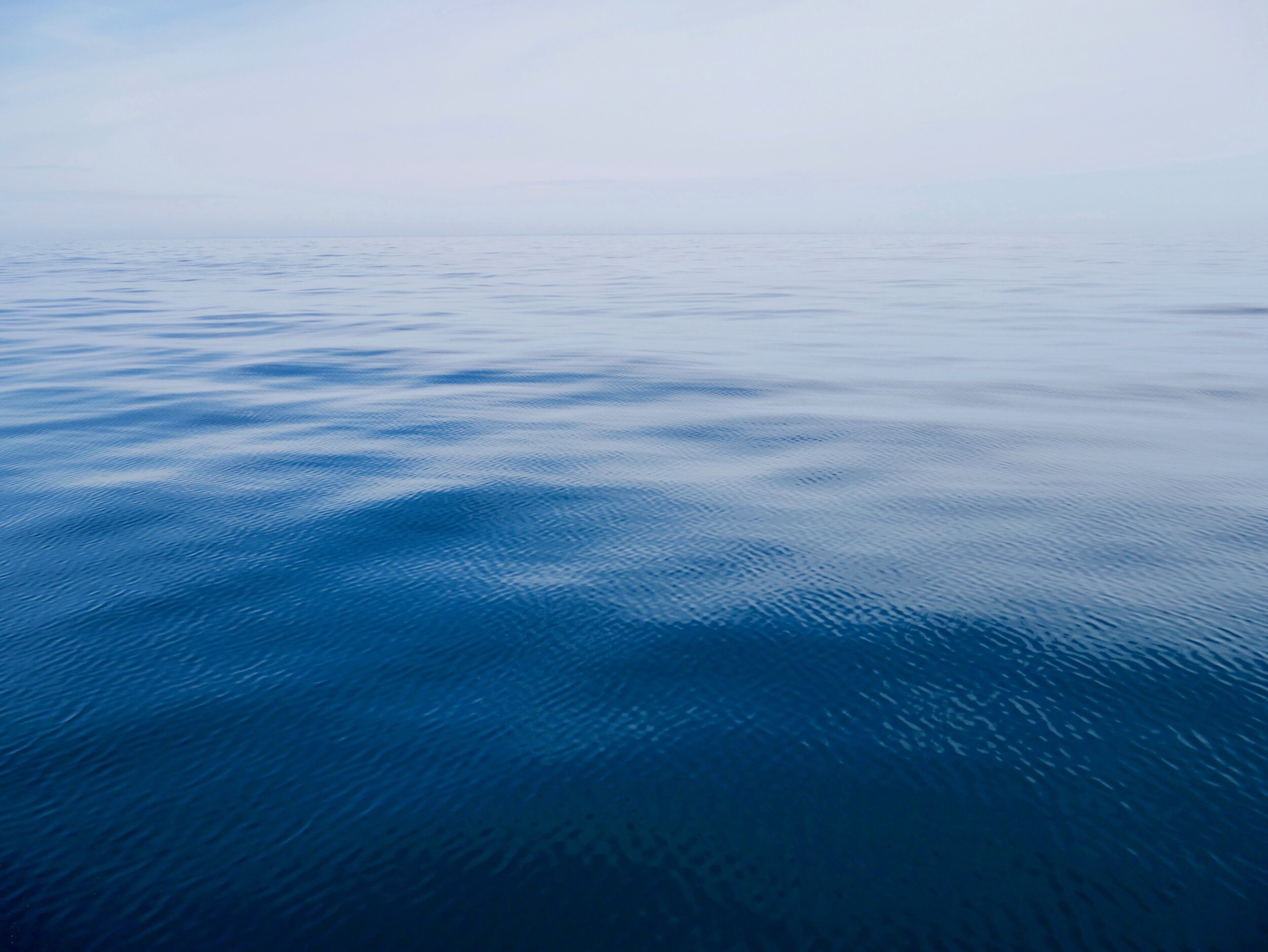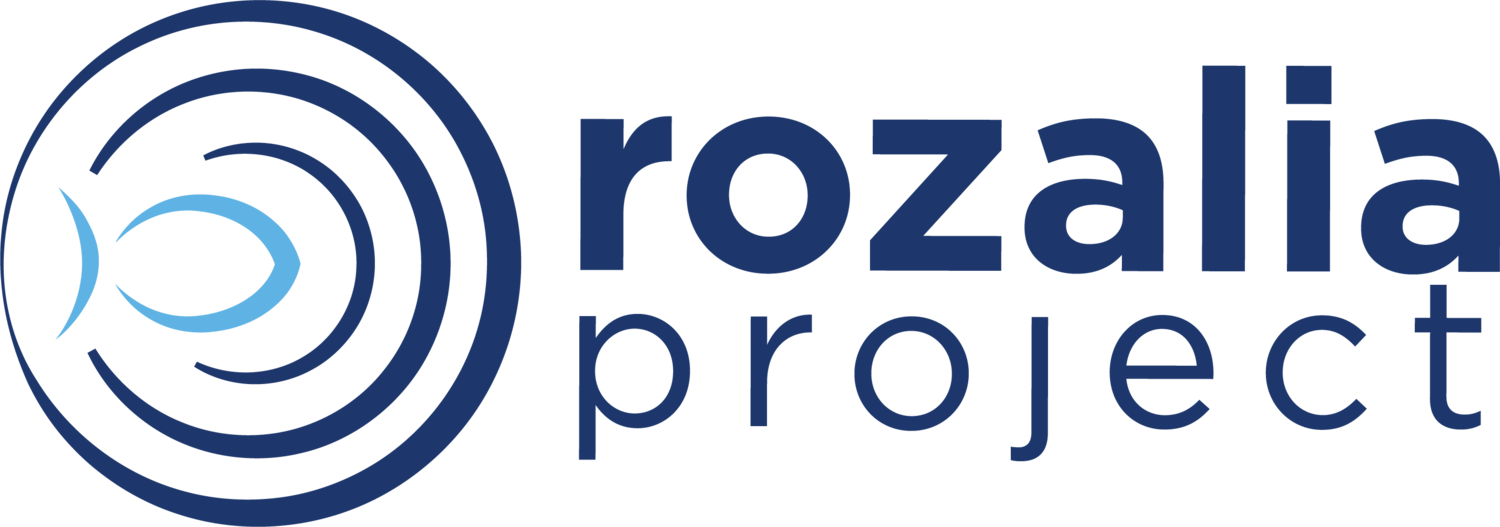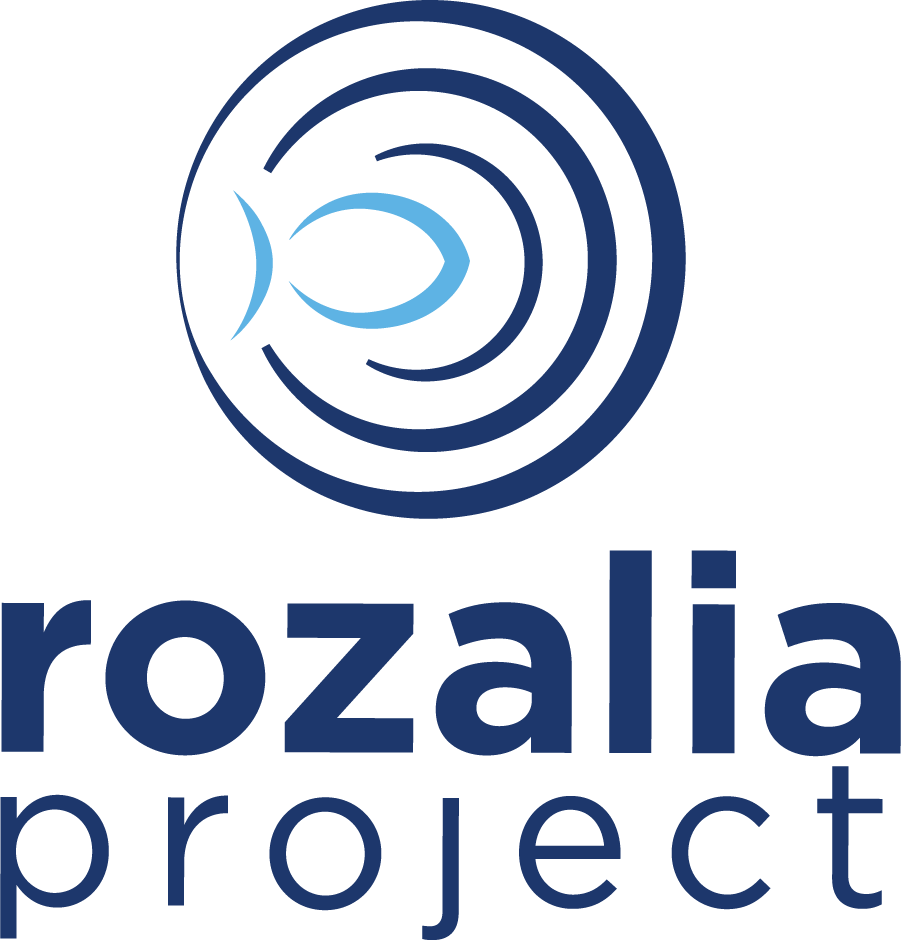
Educational Resources
Education is a key step for effective sustainable change
Plastic pollution education makes otherwise intimidating and complicated issues accessible. This knowledge, then given to a student, empowers them to create solutions to the problem.
Teaching students leads to their future success of innovation, taking action, and positive social changes. These are crucial for change needed in our future to address the plastic pollution crisis.
Education Resources
A collection of helpful education ideas
Microfiber Lesson Plan (2022).
We are proud to have launched lesson plans on microfiber and microplastic pollution. We partnered with the NOAA Marine Debris Program, National Marine Sanctuary Foundation, and Blue Ocean Society for Marine Conservation to create activities that provide students with hands-on learning opportunities to understand the impacts of plastic pollution and embolden solutions.
The Microfiber Pollution Primer
You have heard about microfiber pollution, but what is it really? Where does it come from? Why is it happening? Where does it go, what are the dangers and who does it hurt? These are the fundamental questions of the microfiber pollution problem that will help you answer the last, most important quandary: What can I do to keep our ocean cleaner and prevent microfiber pollution? The scientific community has your back and is hard at work investigating the new problem. Read on to discover what is known and still unknown in the world of microfiber!
Download the Marine Debris Tracker App
Make your cleanups mean even more, contribute to finding global solutions and work with Rozalia Project to find and implement local solutions at your waterfront. Keeping track of the data is easy with the Marine Debris Tracker app.
Other resources
National Geographic
National Geographic Education provides a resource library with a range of topics. They have many engaging informal activies for all ages.
NOAA Marine Debris Program
The NOAA Marine Debris Program started in 2006 to tackle the adverse impacts of marine debris from six different angles: Prevention, Removal, Research, Monitoring and Detection, Response, and Coordination. They are a great platform for education, resources, job opportunties, funding, and more!
Ocean Conservancy
Fighting for Trash Free Seas is a marine debris partnership between Ocean Conservancy and NOAA Marine Debris Program. Here you can find fun activities, information, and recources to form discussions around plastic pollution.







